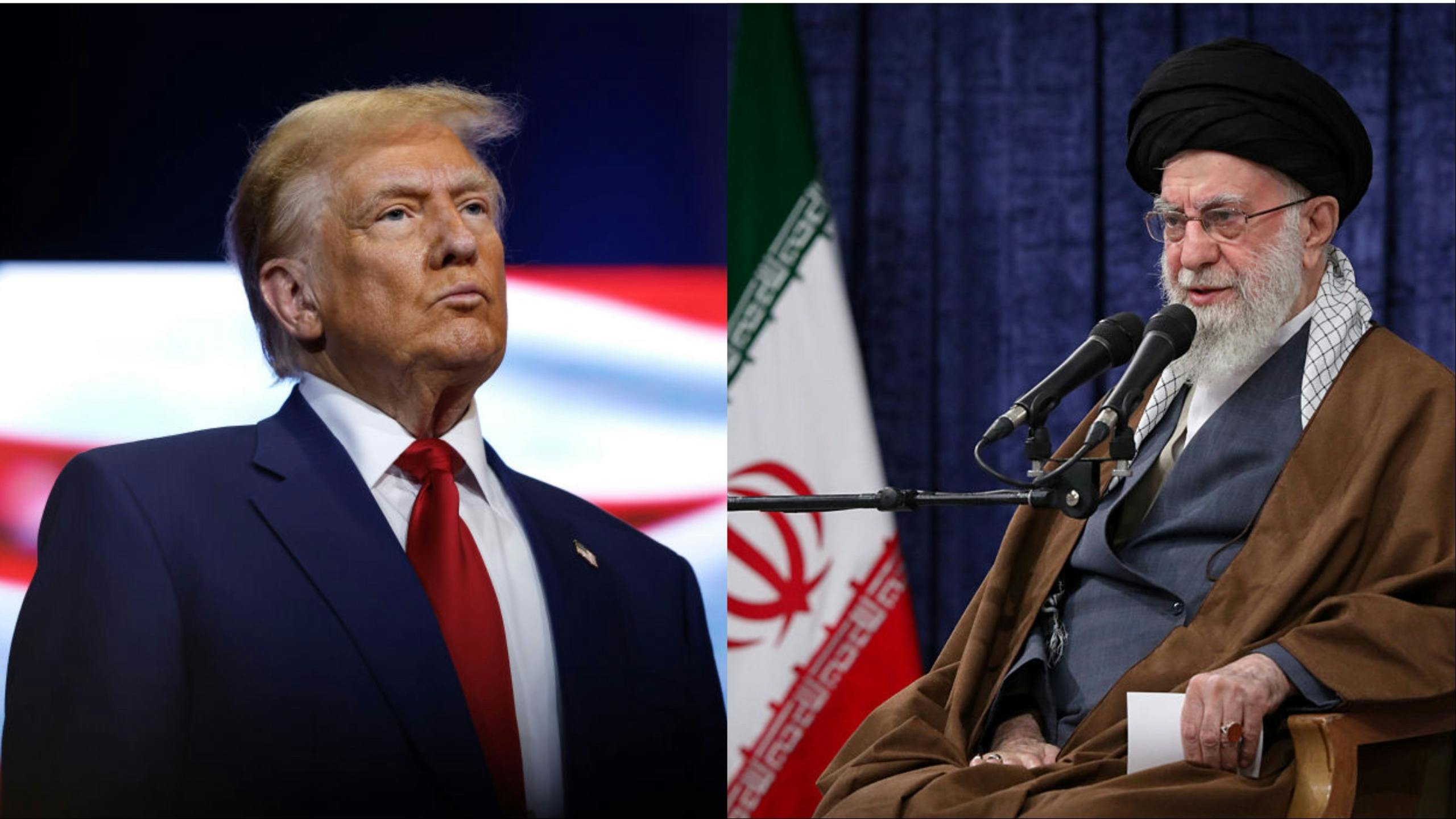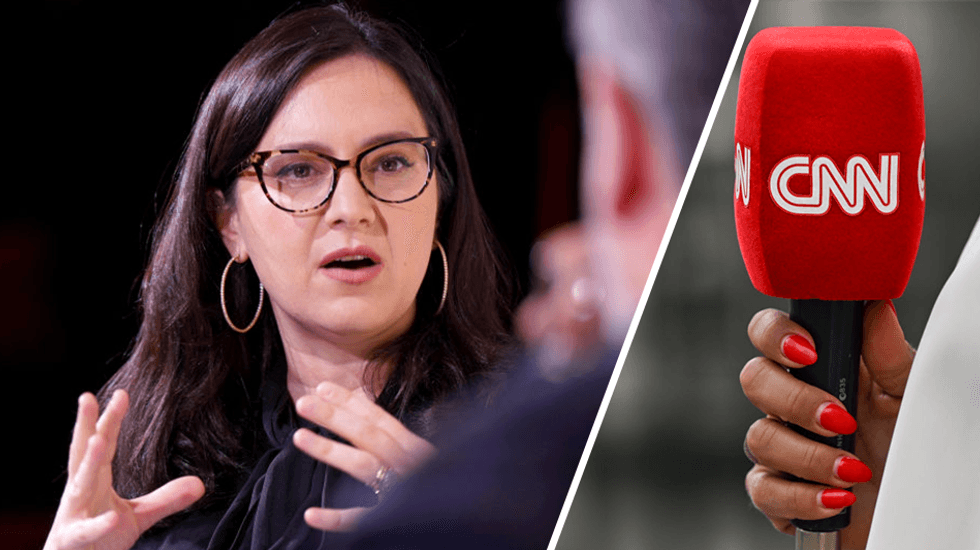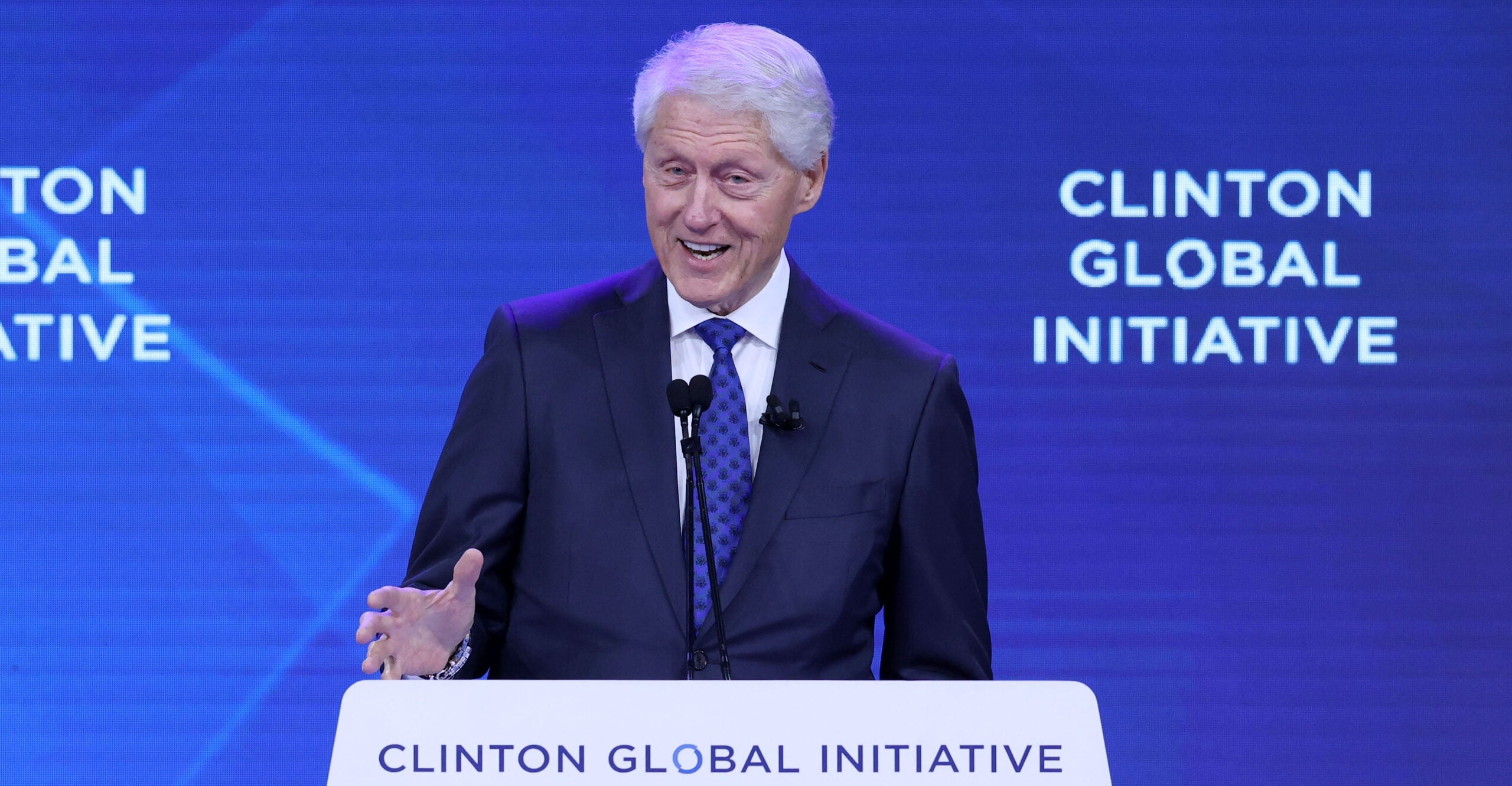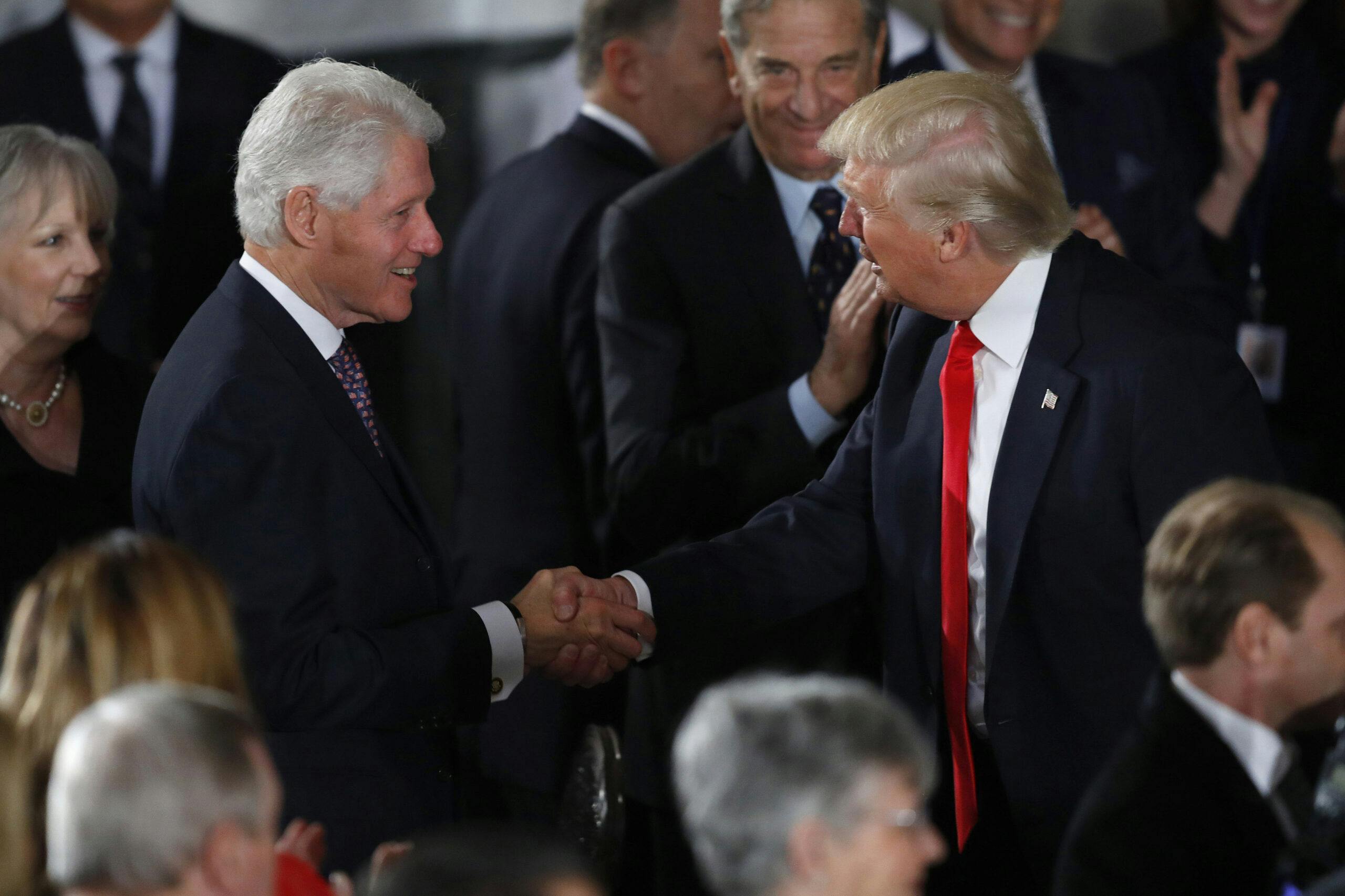Why Do We Have Laws Of Nature — And Why Aren’t They Different?

The universe follows rules. The evidence points to a Designer. Not to an infinite carnival of imaginary universes.
Live Your Best Retirement
Fun • Funds • Fitness • Freedom
We’ve written before about the fine-tuning of the universe’s constants — precise numbers like the strength of gravity or the charge of the electron. Change them even slightly, and the universe collapses.
But beneath those numbers lies an even deeper mystery: the laws of nature themselves.
Gravity pulls. Opposite charges attract. Particles collide in predictable patterns. These aren’t just quantities — they’re the rules that structure reality.
But here’s the riddle: Why these laws, and not others?
Since science explains everything in the world as consequences of the laws of nature, it’s natural to ask if science can explain the laws themselves. Physicist Lee Smolin put it this way: “Facts about the world need to be explained, and a fact most in need of explanation is why particular laws are observed to hold in our universe.”
Scientists once hoped they would find a simple answer that would be consistent with their prior beliefs. Maybe there was a unique “final theory” — a logically inevitable set of laws that could explain everything and rule out all alternatives. If that were true, then the laws of physics wouldn’t be one possibility among many. They would be the only possible laws a universe could have.
But that hope didn’t pan out.
After years of effort, scientists came to a sobering realization. The dream of a unique final theory was just that — a dream. There’s no logical reason why our universe had to follow the laws we observe. In fact, scientists have constructed many alternative sets of laws that are mathematically consistent — they just don’t describe our universe.
In Smolin’s words:
“Looking back, it is clear that the assumption that a unified theory would be unique was no more than that — an assumption. There is no mathematical or philosophical principle which guarantees there to be only one mathematically consistent theory of nature. In fact, we now know that there can be no such theory.”
With the dream of an inevitable set of laws off the table, the fundamental question returns with even more force: Why do these laws govern our universe, and not others?
While the question might seem unanswerable, the solution begins to emerge once we recognize that our laws of nature are not arbitrary or random. They’re extraordinary. They’re tailored to produce order, structure, and complexity. Among all the ways a universe could be governed, our laws are remarkably well-suited for creating atoms, planets, stars, galaxies, and life. In the words of physicist Paul Davies:
“You might be tempted to suppose that any old rag-bag of laws would produce a complex universe of some sort, with attendant inhabitants convinced of their own specialness. Not so. It turns out that randomly selected laws lead almost inevitably either to unrelieved chaos or boring and uneventful simplicity…in some sense we live in the most interesting possible universe.”
It’s a profound idea. And it carries significant implications.
If almost all combinations of laws lead to lifeless chaos or dull simplicity, but our laws produce order, complexity, and life, then the laws of nature are not random. They’re clearly designed.
When one specific outcome is chosen from a range of possibilities to achieve a result, we instinctively recognize what that means: intelligence at work. That is, after all, the very definition of intelligence. Intelligence selects. It aims for a purpose, which is why the design embedded in the laws of physics points so powerfully to a mind behind them — an intelligent designer.
This is not a “God of the gaps” argument. It is not based on ignorance about why we have these laws instead of others. It is based on scientific knowledge: only this specific set of laws produces a universe with structure, complexity, and life. That points directly to design and an intelligent choice of laws. This conclusion arises from what we know, not from what we don’t.
Get 40% off new DailyWire+ annual memberships with code FALL40 at checkout!
But for many in the scientific community, that conclusion is unacceptable. Not because the evidence rules it out, but because their philosophy forbids it. Scientists committed to atheism cannot allow that an intelligent God created the laws of nature. So they look for another way.
Their solution? The multiverse.
Faced with the challenge of explaining why our universe has the right laws, some physicists propose an infinite number of other universes, each with entirely different laws. MIT physicist Max Tegmark calls this the “Ultimate Ensemble” — a radical claim that every mathematically possible structure exists as its own physical universe. As Tegmark himself writes: “The only postulate in this theory is that all structures that exist mathematically exist also physically.”
Let that sink in. According to Tegmark, for every imaginable set of laws — no matter how bizarre — there is a universe that follows them. Some universes have laws like ours. Others operate under rules where everything moves only in triangles. Some have seventeen dimensions. Others have 242 million. The possibilities are endless.
So why, out of all possibilities, do we find ourselves in this rare universe with its particular laws?
Their answer is simple: because only a universe like this could host observers like us. The lifeless universes can’t be observed, so of course, we’re not there. We exist here only because this is the kind of universe where existence is possible.
At first glance, the multiverse might sound like an answer. But it quickly unravels.
We observe one universe. Scientists have discovered that it’s governed by specific laws that give rise to structure, complexity, and life. Instead of using these discoveries to illuminate reality, the multiverse strips them of their significance.
If every possible law of nature is real somewhere, then the laws we discover in our universe lose their value. They’re not universally true. They’re just one set among an infinite collection of every imaginable possibility. Newton, Einstein, and Feynman didn’t uncover the ultimate truth. They only described a local chapter of reality.
Within that distorted framework, science no longer seeks universal truth. It simply catalogs accidents. The very idea of a “law of nature” collapses. There is no foundation, no explanation, no reason. If everything possible exists, then nothing in our universe is more real than any fantasy world. A theory that explains something by positing everything explains nothing.
Of course, atheist scientists can always shrug and say: Too bad. Reality is meaningless. Everything possible exists, and nothing is more real than anything else. But even that bleak position collapses on its own terms. Although it’s a more extensive discussion, it can be demonstrated that the multiverse fails by the very standards of science itself.
Ultimately, the choice is stark. Either we believe in an infinite carnival of imaginary universes where anything goes and nothing means anything, or we accept the clear evidence that the designed laws of our universe have an intelligent cause. One path empties science of truth. The other balances both science and reason. The laws of nature are designed, and the only real question is whether we acknowledge the Designer.
Rabbi Elie Feder, PhD, and Rabbi Aaron Zimmer host the “Physics to God” podcast.
The views expressed in this piece are those of the author and do not necessarily represent those of The Daily Wire.
Originally Published at Daily Wire, Daily Signal, or The Blaze
What's Your Reaction?
 Like
0
Like
0
 Dislike
0
Dislike
0
 Love
0
Love
0
 Funny
0
Funny
0
 Angry
0
Angry
0
 Sad
0
Sad
0
 Wow
0
Wow
0













































































